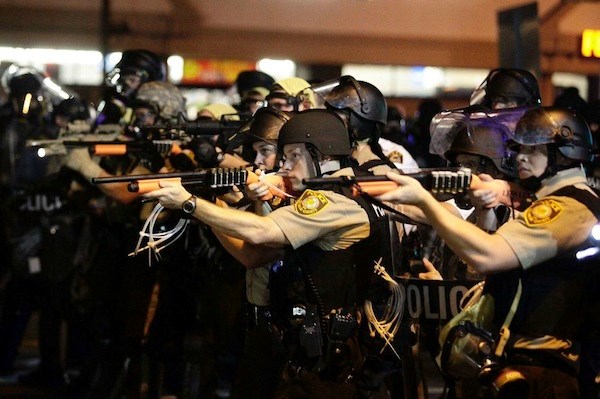It’s beyond hard to watch the level of unrest coming out of Ferguson.
The Missouri town has been in a near-constant state of protest and heavy-handed police response since an unarmed black teenager was shot and killed by police more than a week ago.
But with drastically differing police and civilian accounts of the shooting, we are left to guess what sparked this.
New technology makes it entirely feasible for officers to wear miniature cameras on their uniforms and studies have shown that police forces using them experience a drastic drop in use of force and complaints against police. Rightly or wrongly, police face a perception that they protect their own.
It doesn’t help that there have been some very high-profile cases where photos or footage captured by a civilian bystander was the only way we ever learned the truth.
The Robert Dziekanski case at Vancouver International Airport and the shooting death of Toronto teen Sammy Yatim are probably the best examples of this.
Of course officer-mounted cameras themselves are a bees’ nest of other ethical questions.
Who has access to the footage? Who decides what can be released? What happens to the hours of mundane, law-abiding citizen activity they’re sure to capture each day? These are fair but answerable questions.
As a society, we grant police the authority they need to safely do their jobs, to serve and protect, which we are grateful for. But the agreement comes with the understanding that their authority must be matched by accountability.
By its nature, police work isn’t pretty. Any officer can tell you that.
Still, it is better we see that for ourselves.



